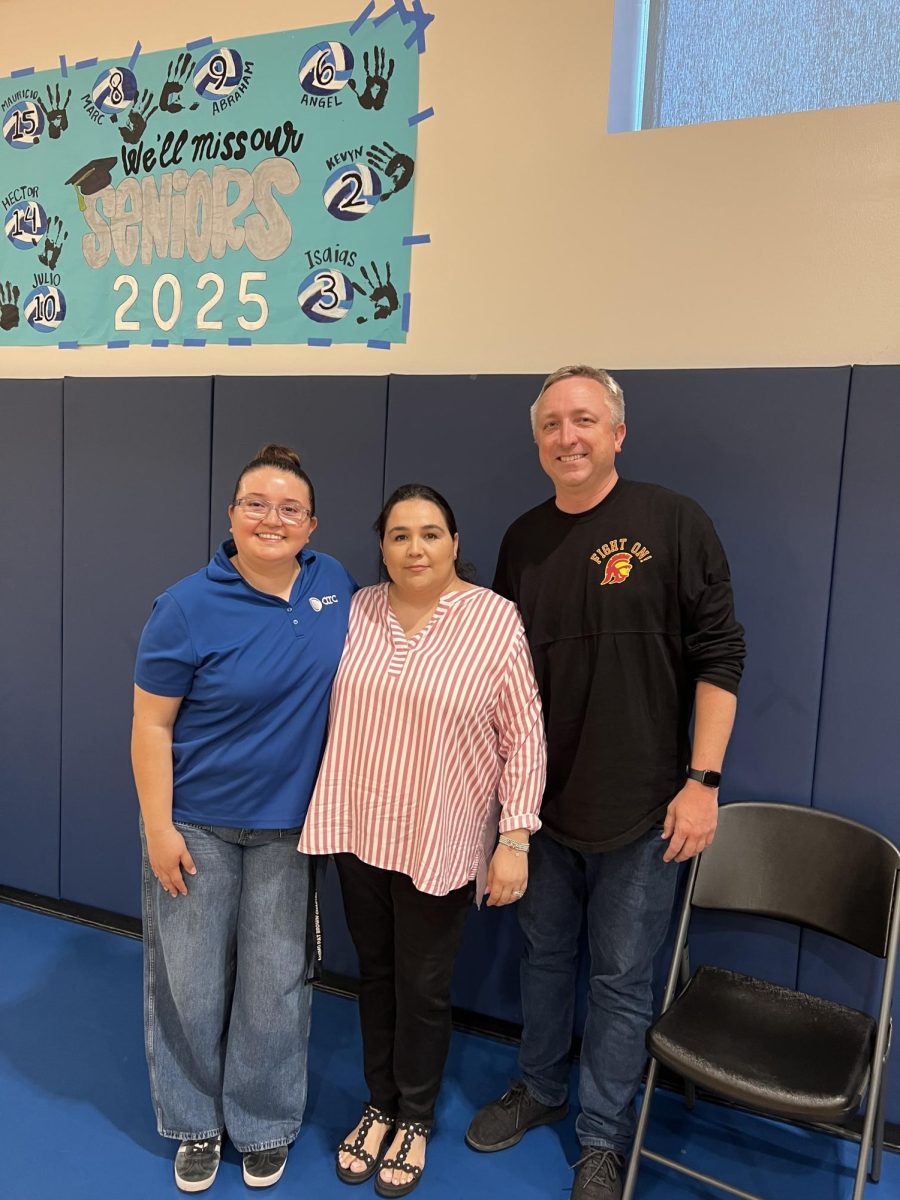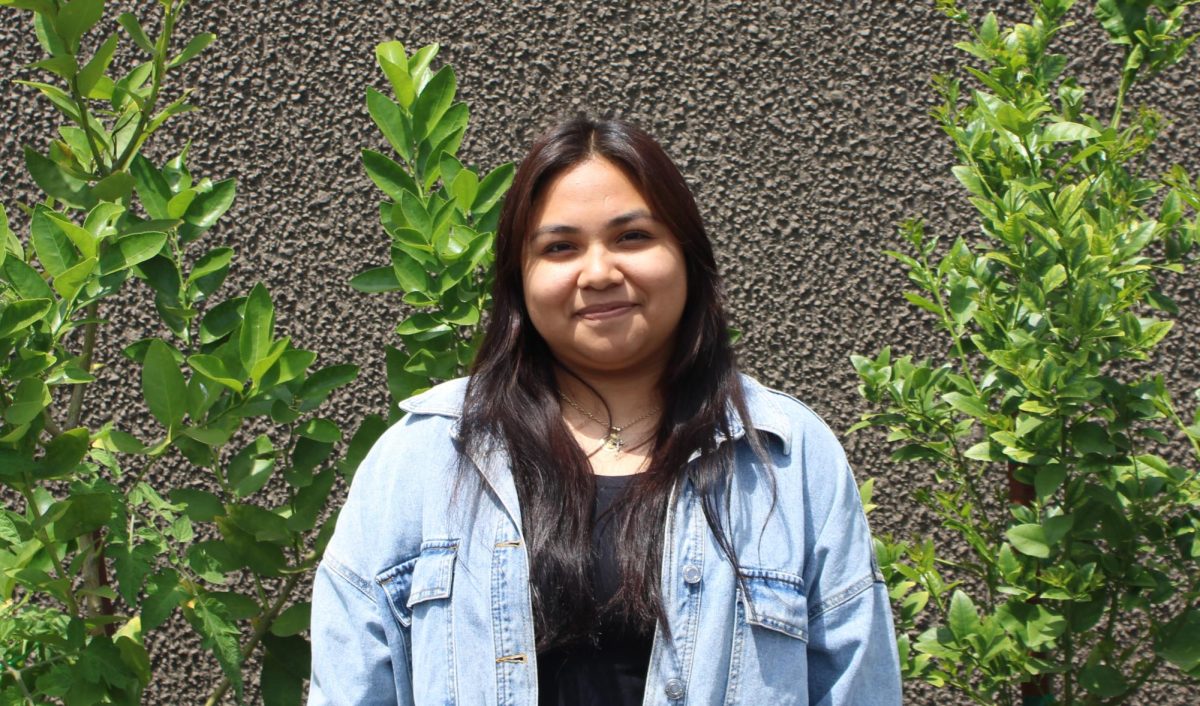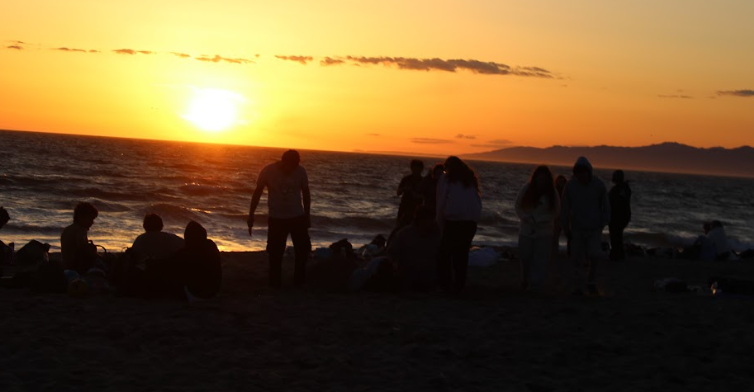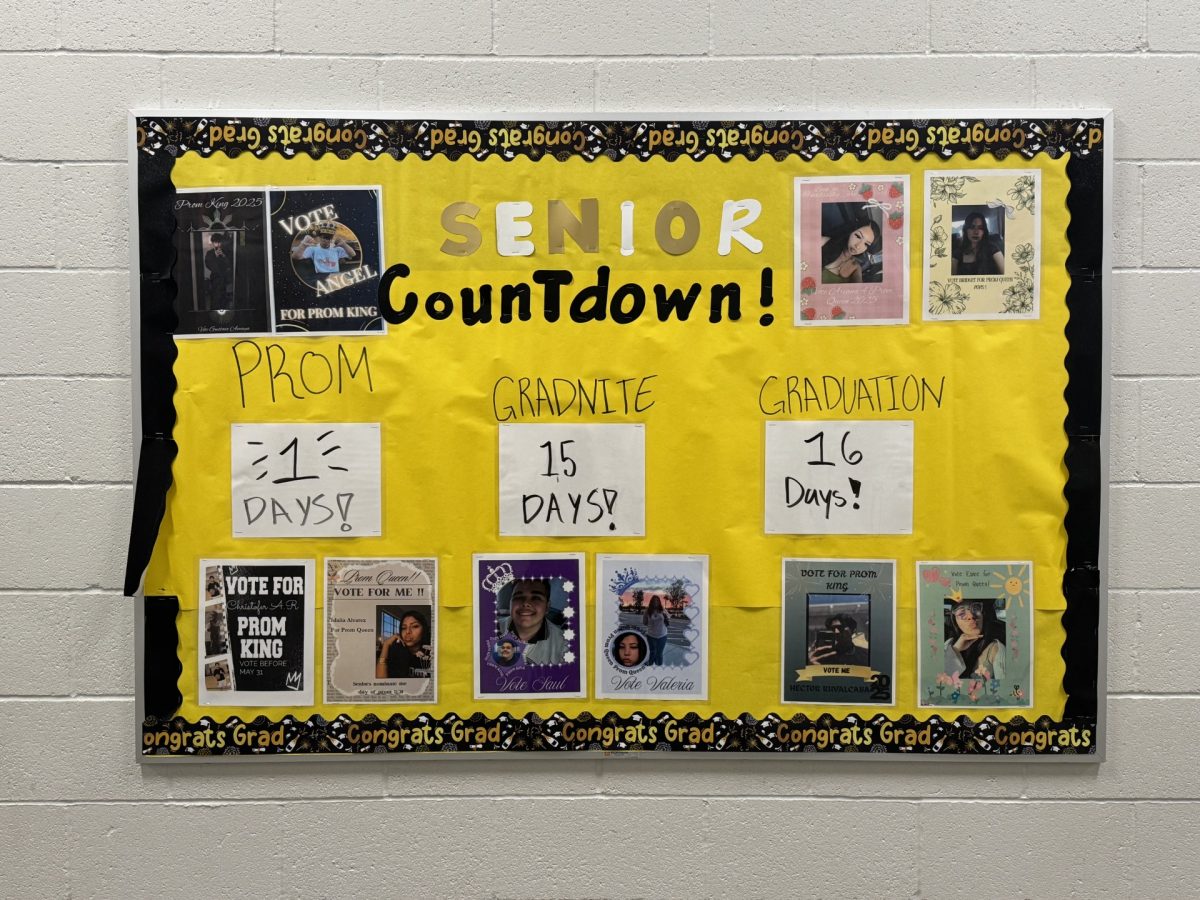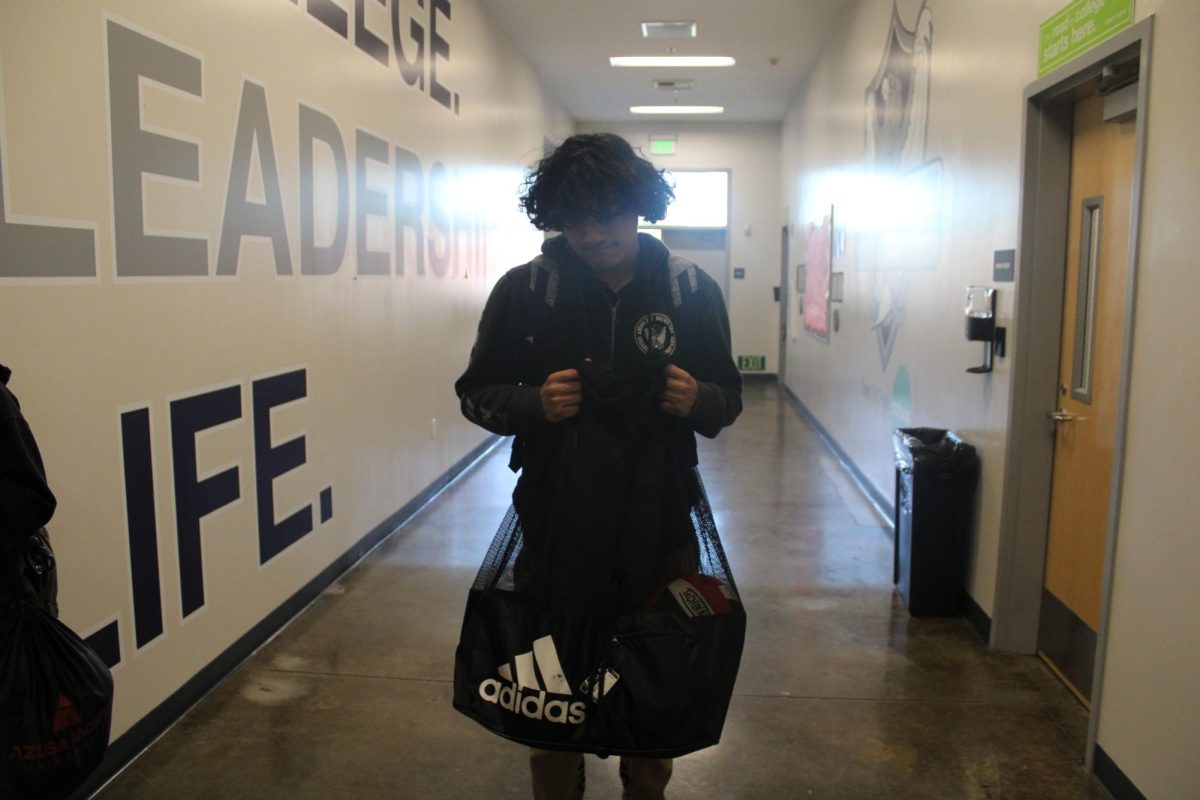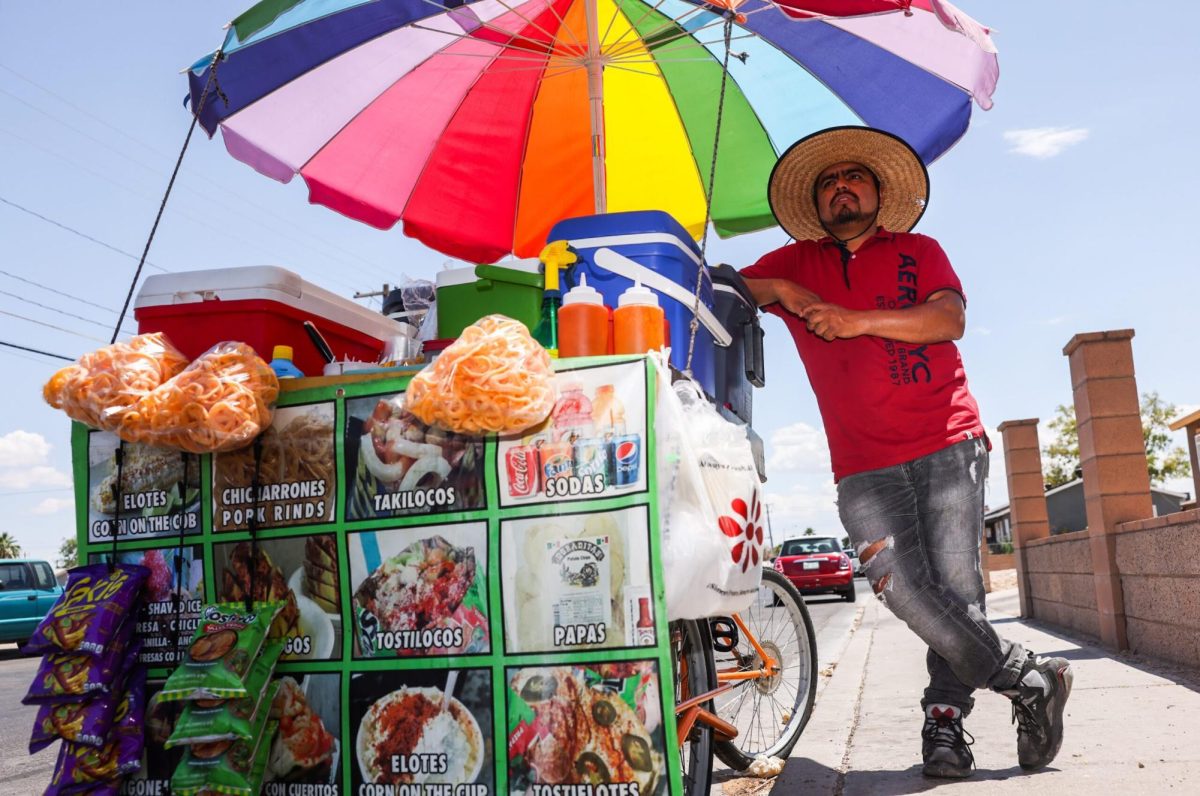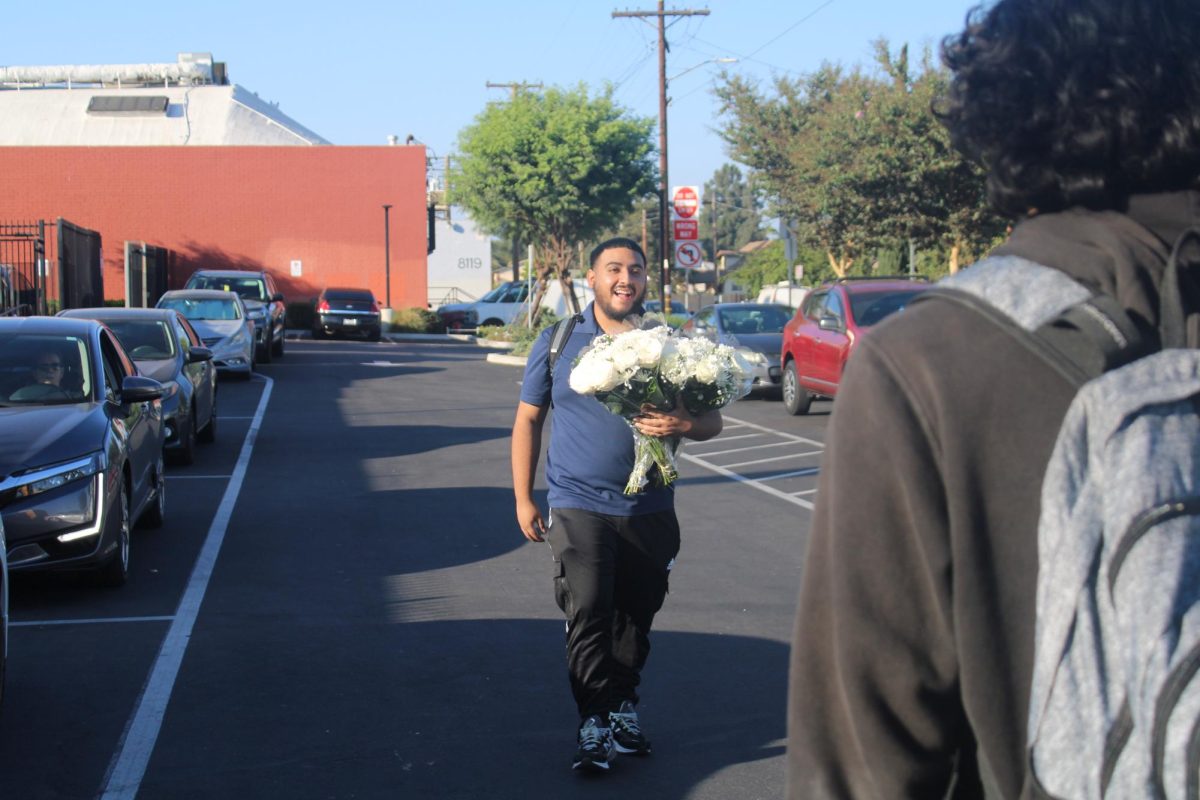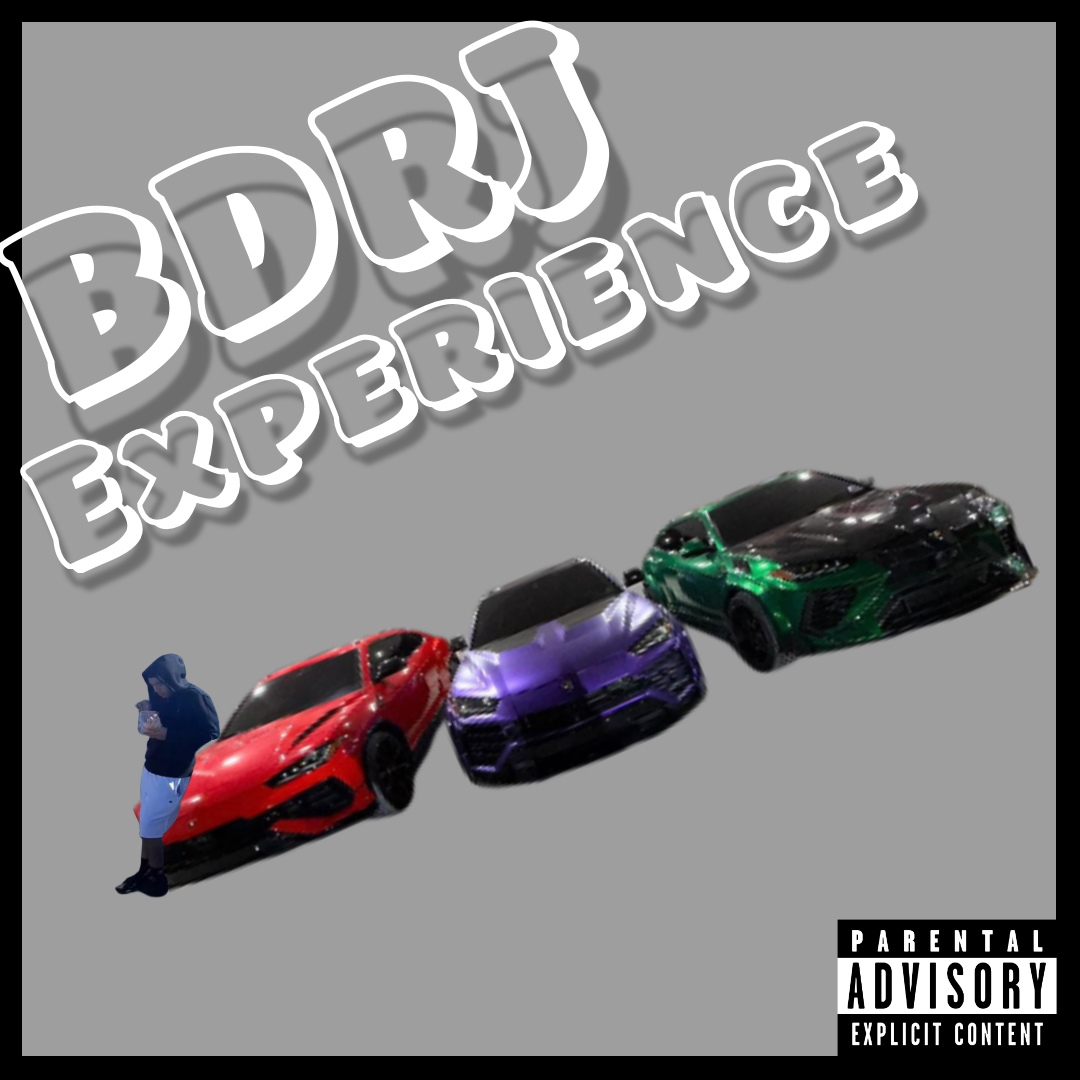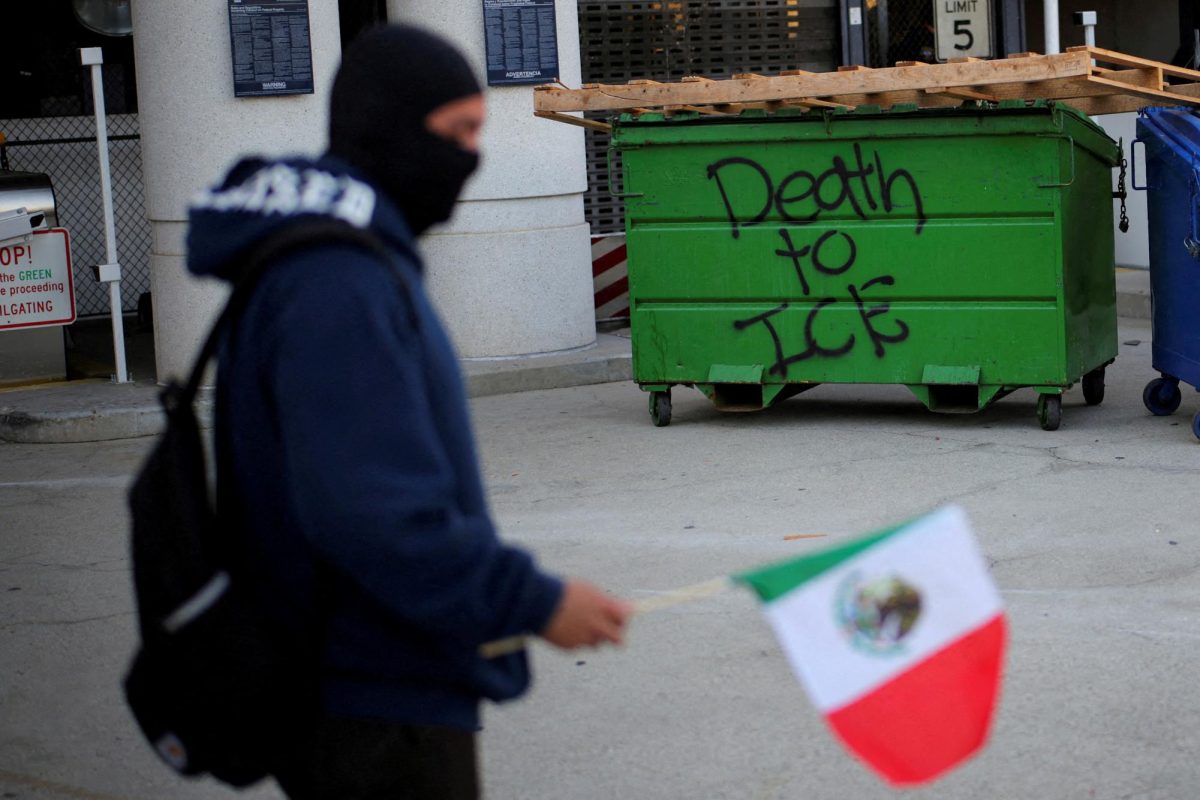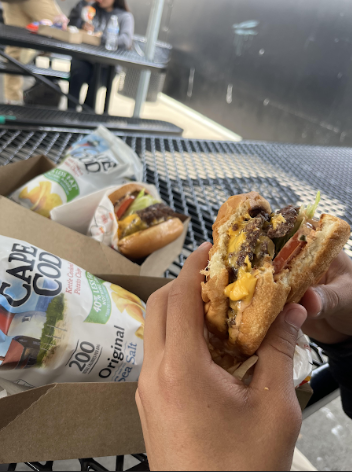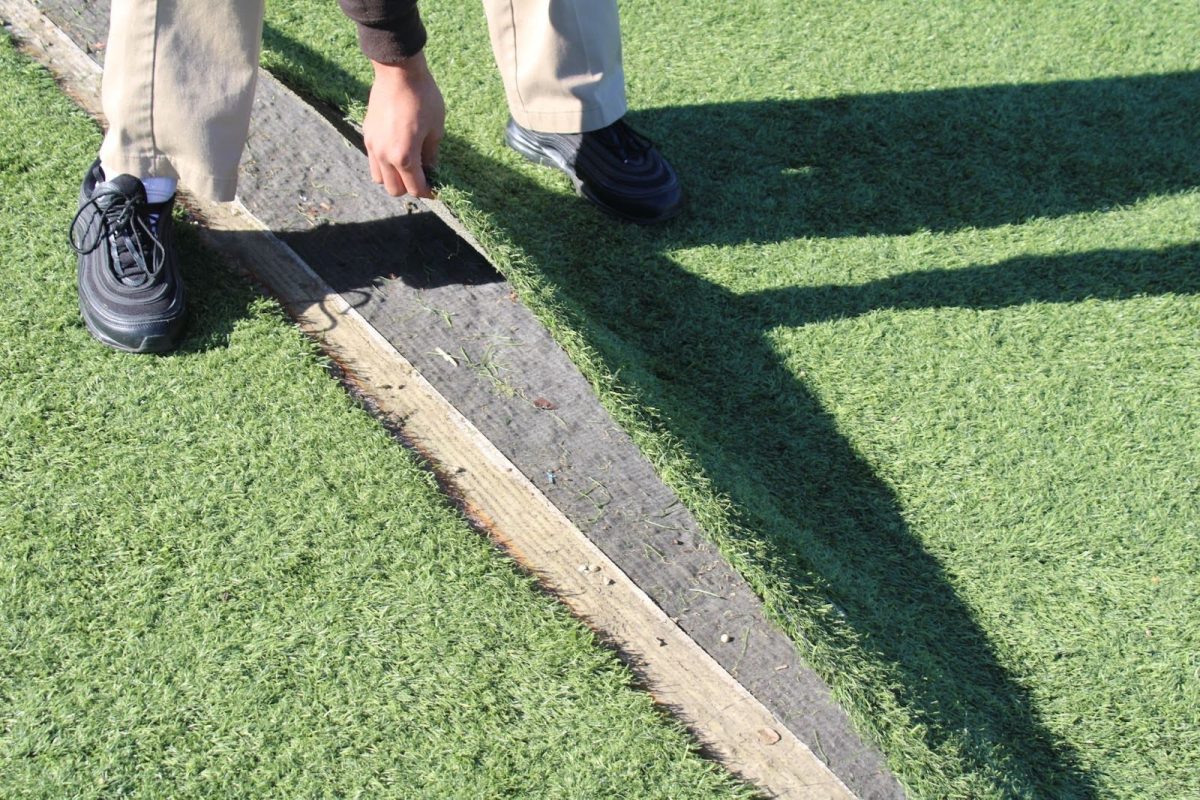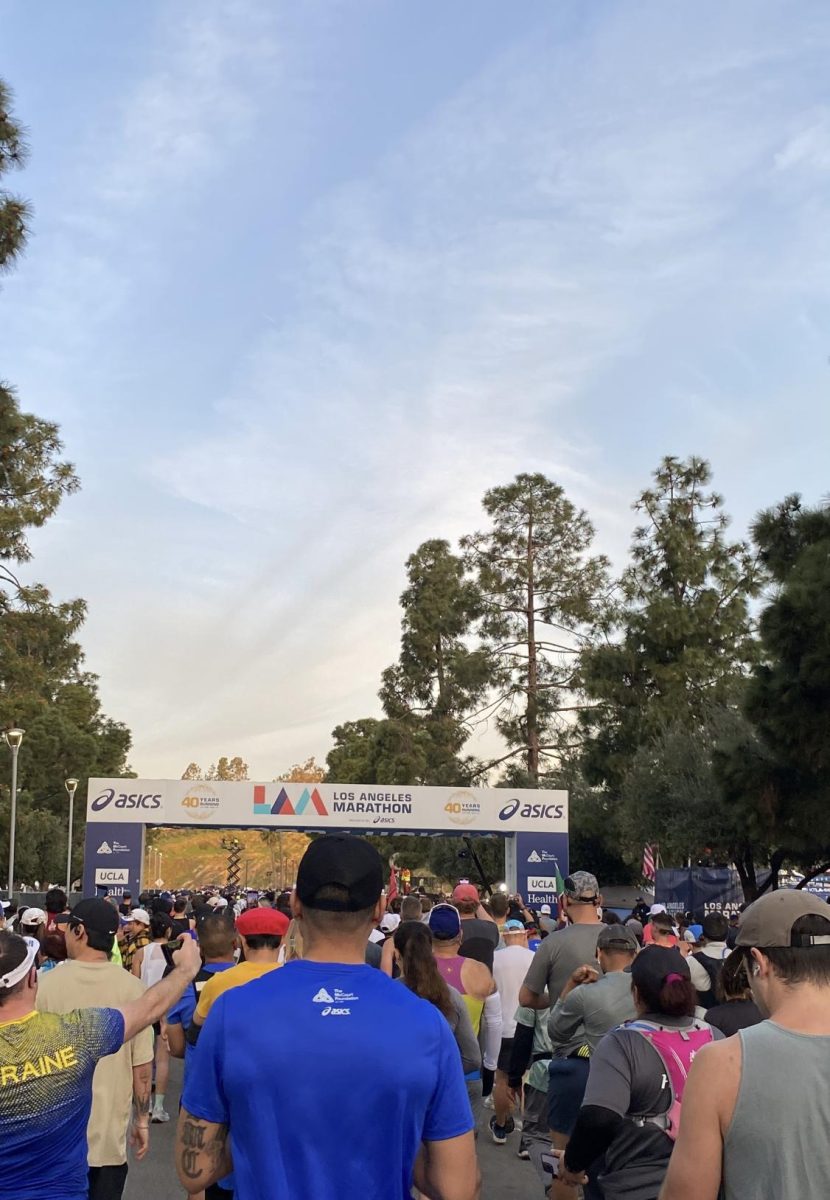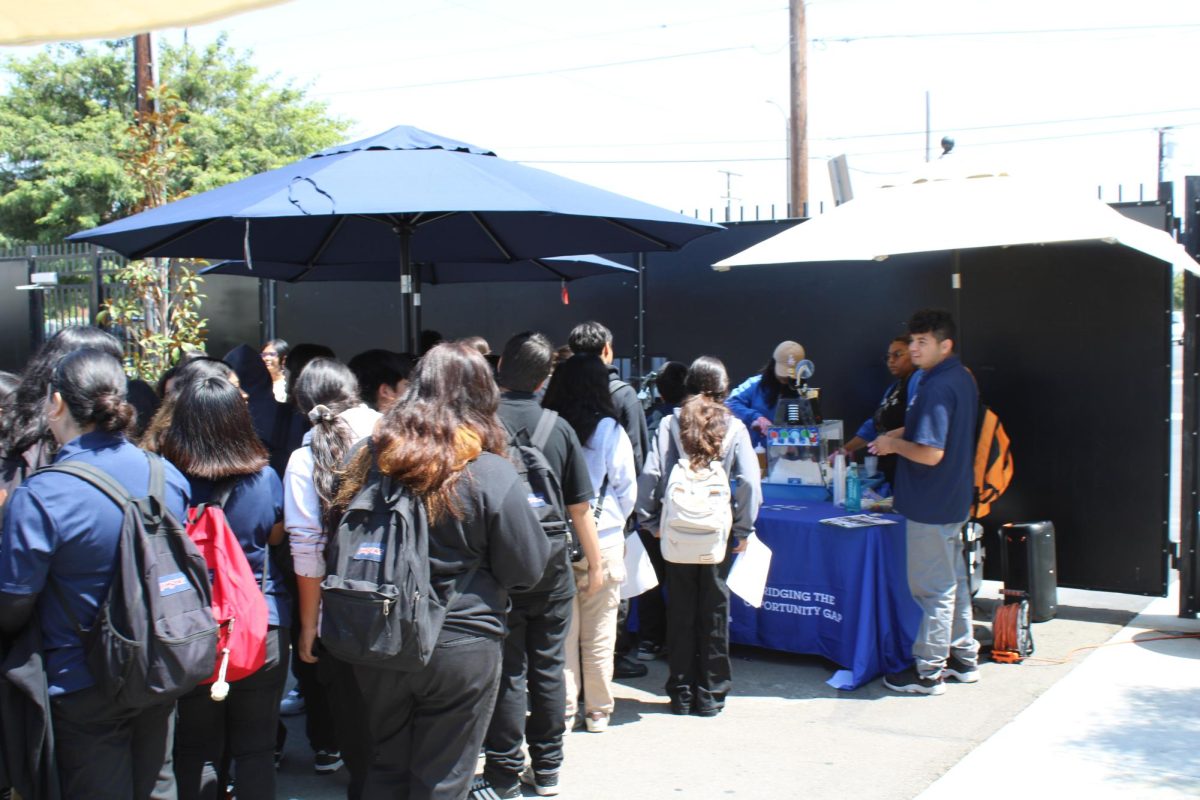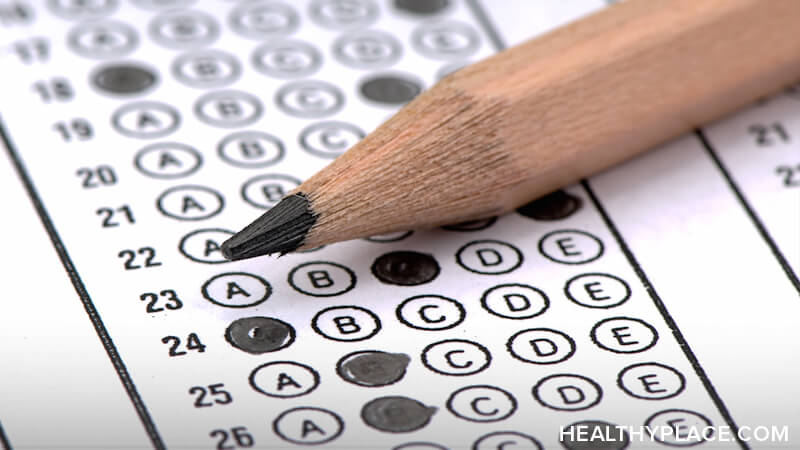Recently there has been a tsunami warning that was issued in LA and various other locations. Many people who live in Los Angeles and these locations don’t know how to protect themselves in this kind of situation.
By Jennifer Leon and Maricela Ramirez
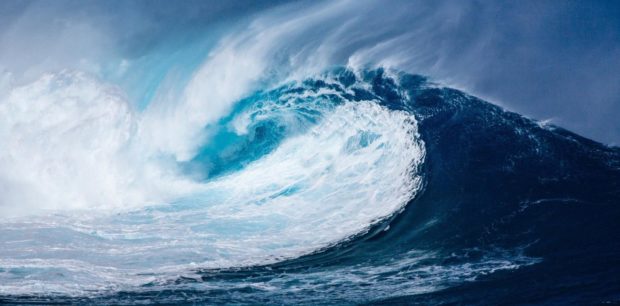
In the first few weeks of January there was a warning issued about a potential tsunami in the LA area. Many people feared for what they would do if the tsunami made it to their area.
Tsunami’s are waves of water that gradually get higher as time passes. Contrary to popular belief they aren’t huge waves that come crashing down but build up over time.
Tsunami’s occur because of earthquakes or in this case because of volcanic eruptions. The reason why LA was issued a warning for the tsunami, along with all of the west coast, was because there was a volcanic eruption near the island of Tonga in the Southwest Pacific Ocean.
There are many ways to prepare for tsunamis and many ways to protect yourself. The first of which is to go to a high point near you; the highest hill around you.
If you are traveling away from the tsunami, the area it’s coming from, it’s better to leave material possessions and bring things that can benefit you I.E food, clothes and other necessities.
Another way would be to just leave the area completely as soon as you hear the warning to do so and don’t come back until the warning is gone or until they say it’s safe.
If you do happen to be caught in the tsunami try to find something that floats. This will help you stay afloat and potentially use the object as a raft.
As a last resort if you can’t find anything or did not evacuate in time climb a sturdy and tall tree. This can help you reach higher ground to avoid getting caught in the waters.

A senior APB student stated, “I don’t really know much about tsunamis…but I’m pretty sure that our area wasn’t affected. Was still scary though not knowing what was gonna happen. Especially since I only found out days later.”
The students talked about not knowing about tsunamis could limit their ability to be safe when one occurs. They will not know what is the right thing to do and what is something they shouldn’t do.
Another senior APB student stated, “Well that’s crazy, I knew there was a warning but I wasn’t aware that our area could be affected (our area being the west coast). Makes me wonder what we would do if the tsunami actually hit?”
This student on the contrary talks about how they were aware of the warning but weren’t afraid since we live a big distance away from beaches.
Regardless of distance you should always be prepared for the worst and,in this case, be prepared for a tsunami.
There are so many people who are unaware of the potential dangers that come with tsunamis that feel like students or just citizens in general should learn about what to do in case we ever come in contact with a tsunami.
Many websites provide good information on what to do in case of a tsunami and teach you how to better prepare for one.
If you are interested in learning more about tsunamis and what you can do if you find yourself in one then you should visit Noaa.gov, CNN.com or TheRedCross for more in depth information

